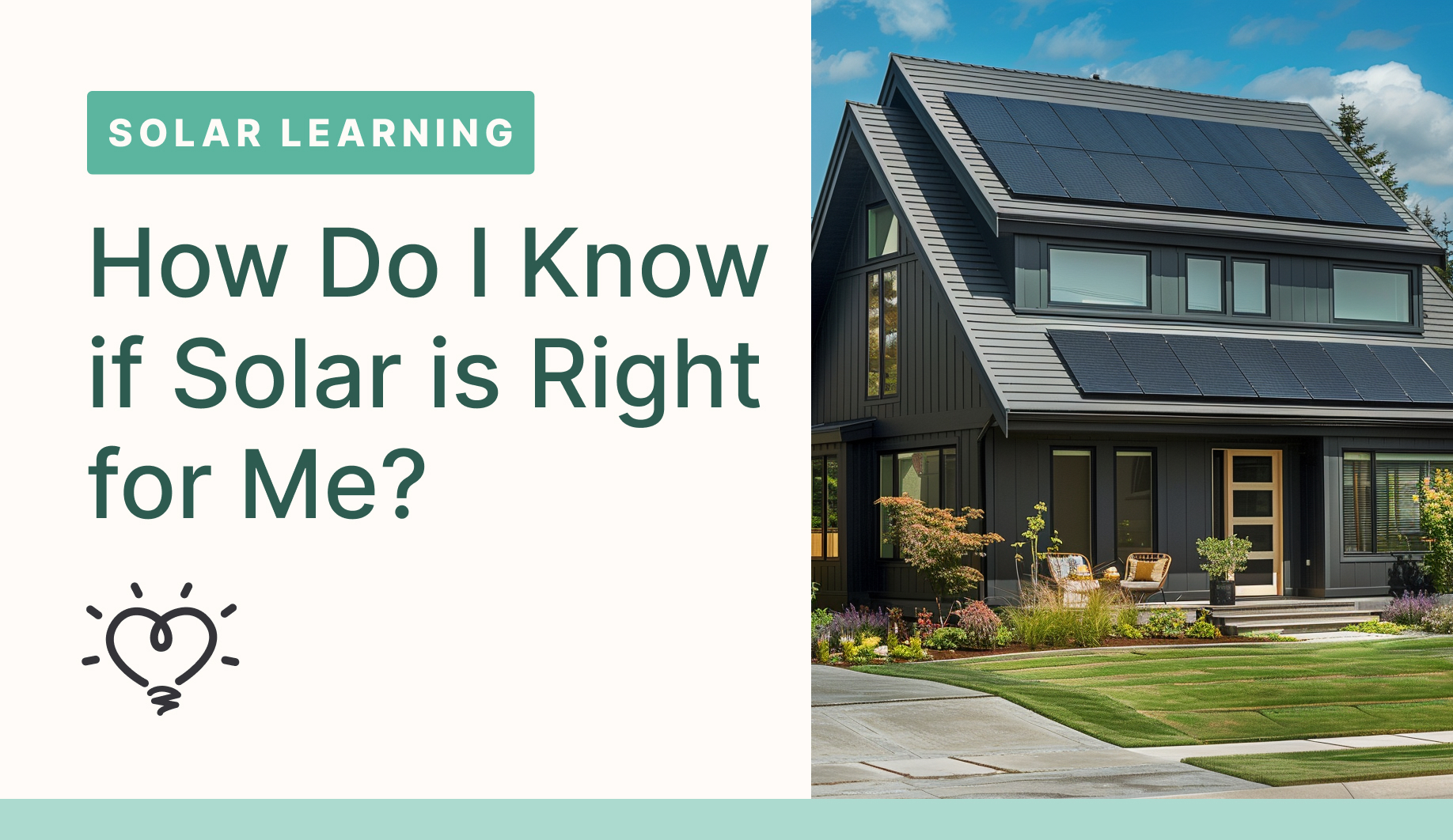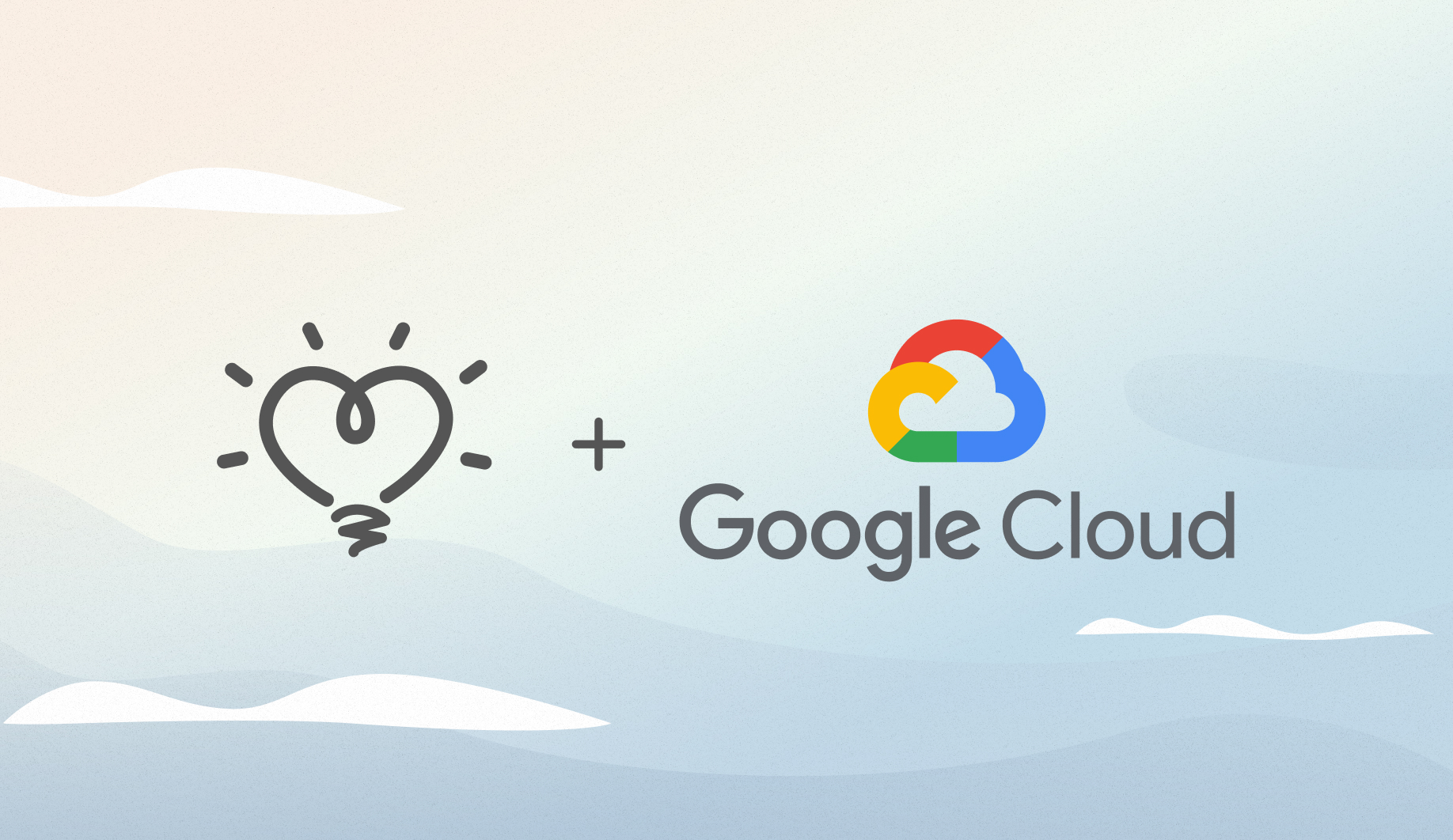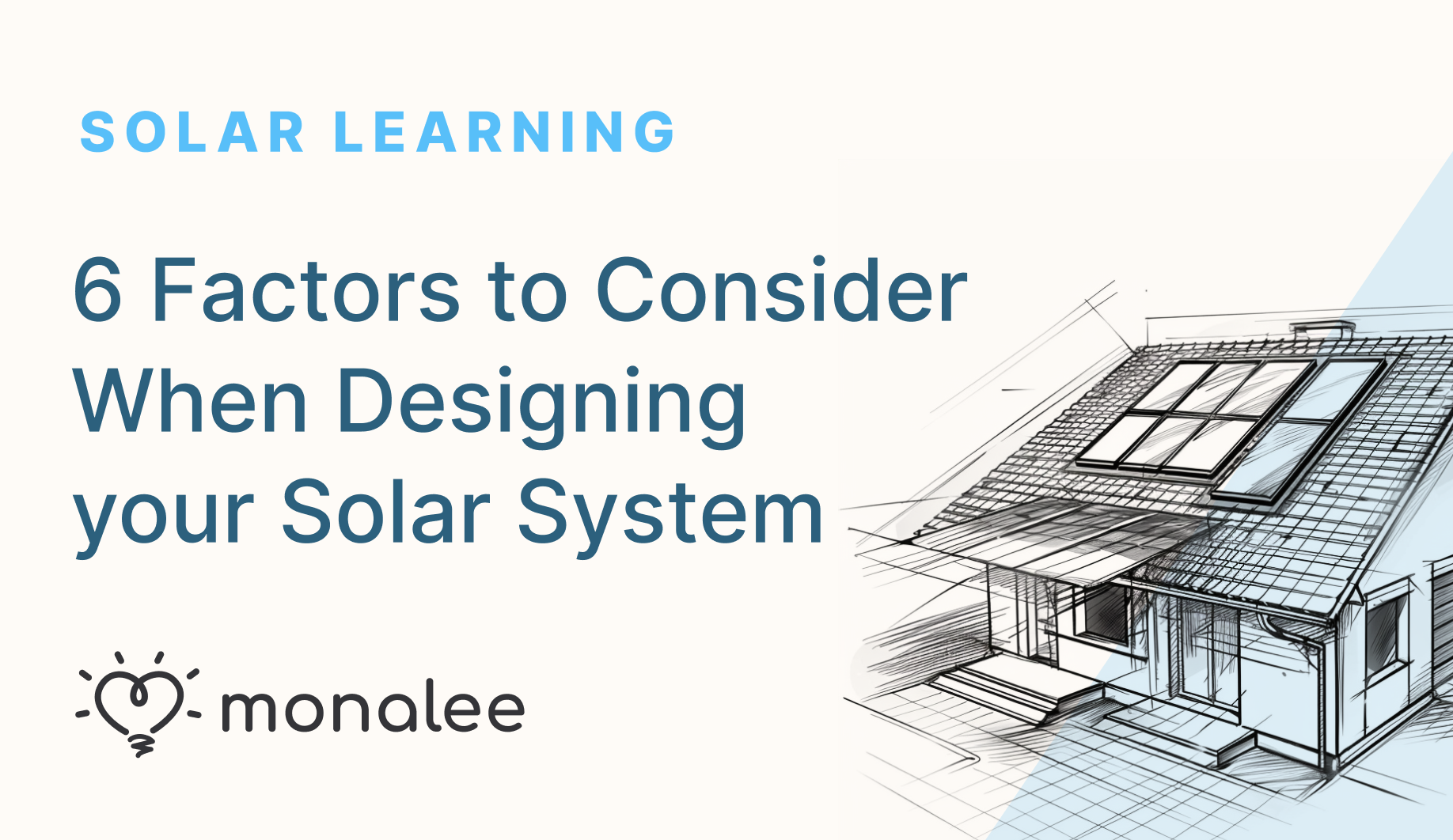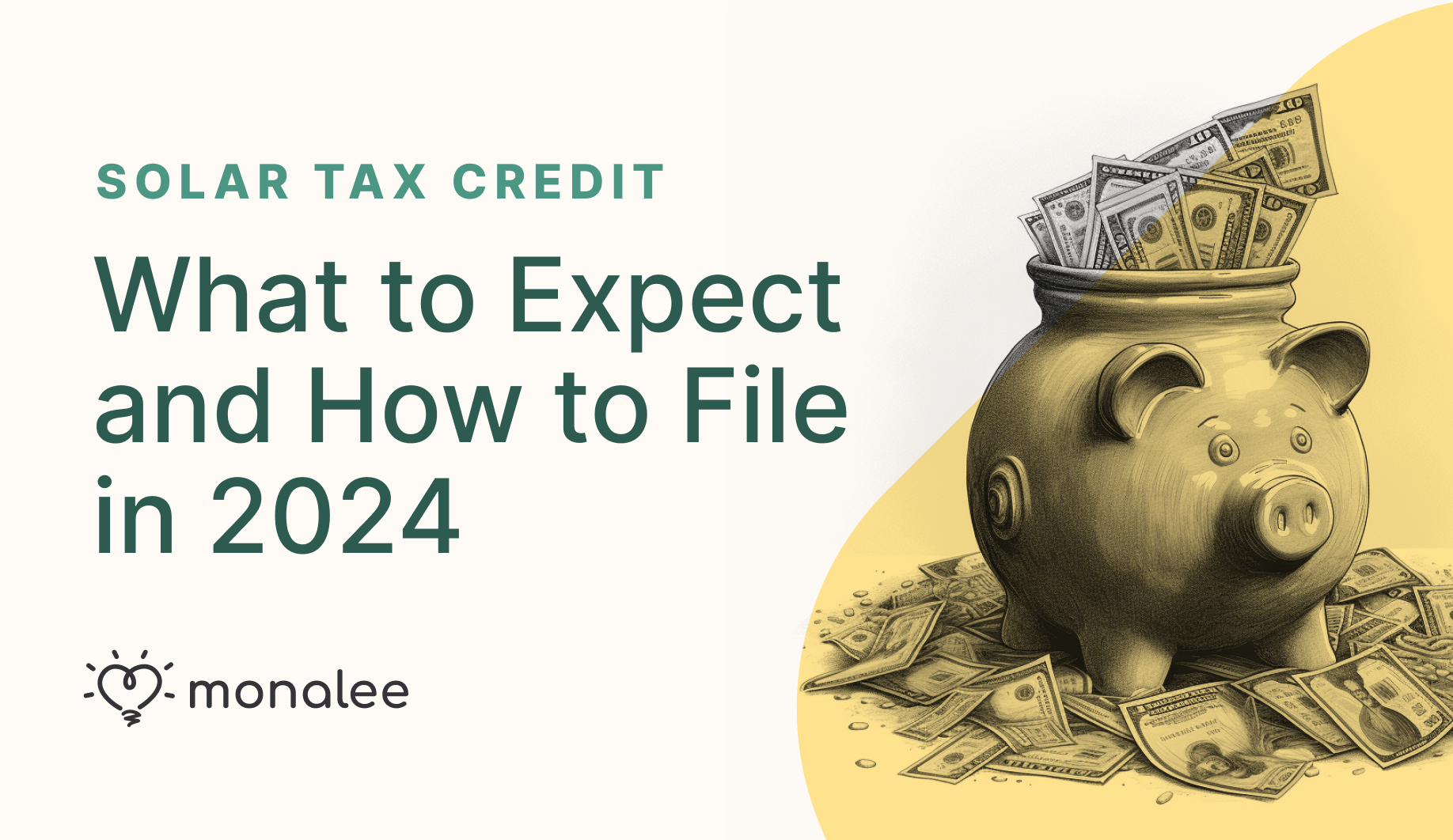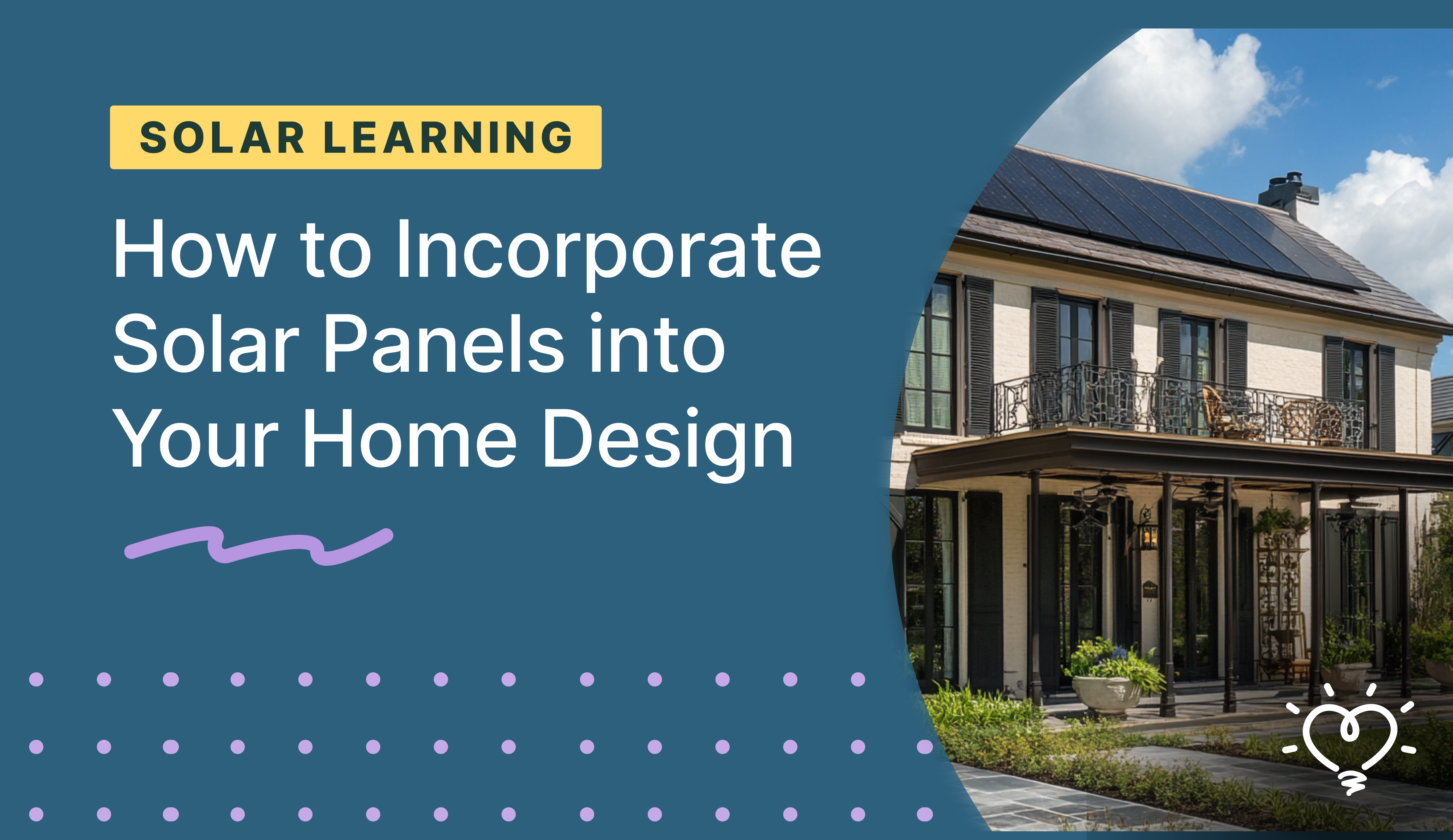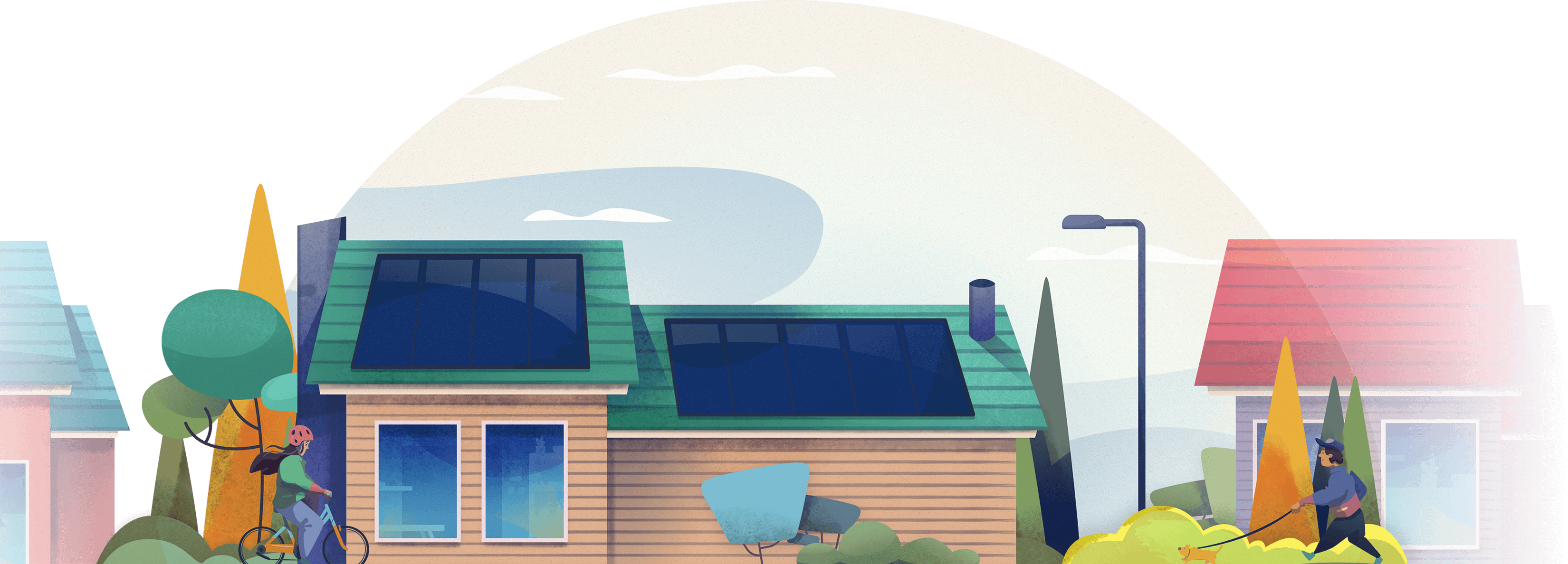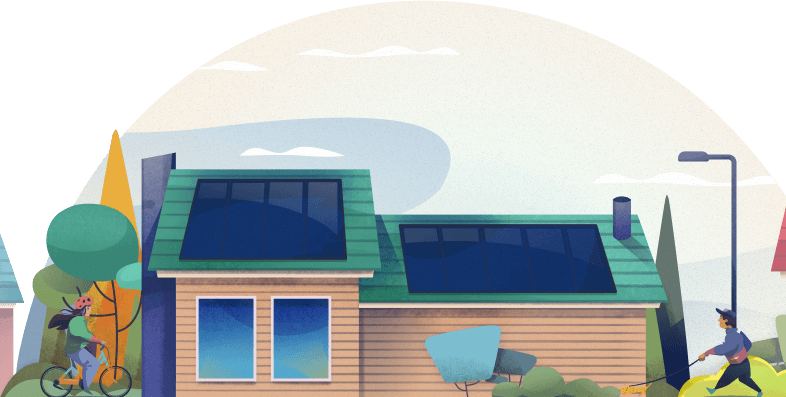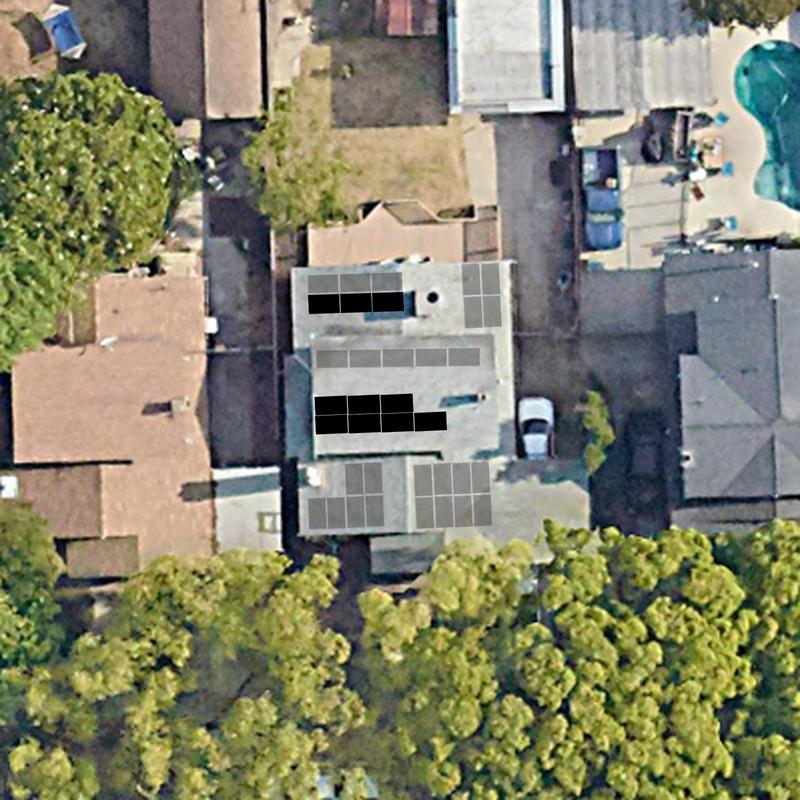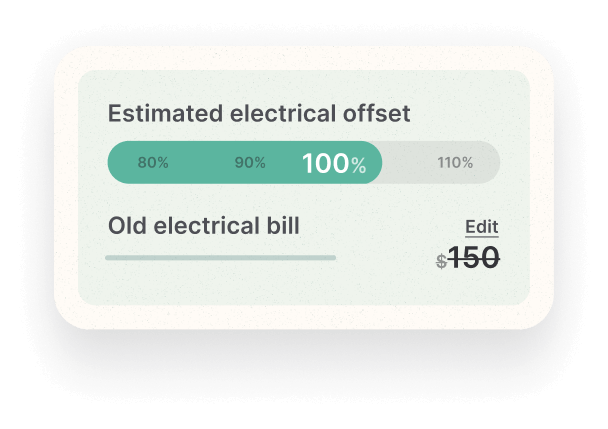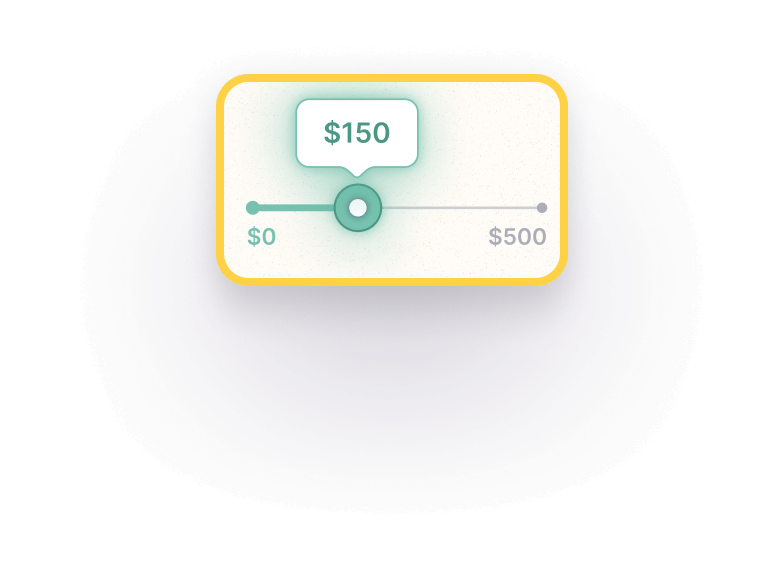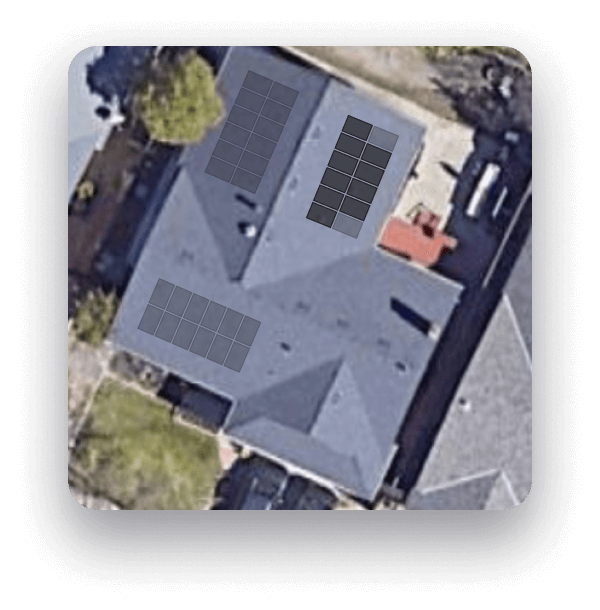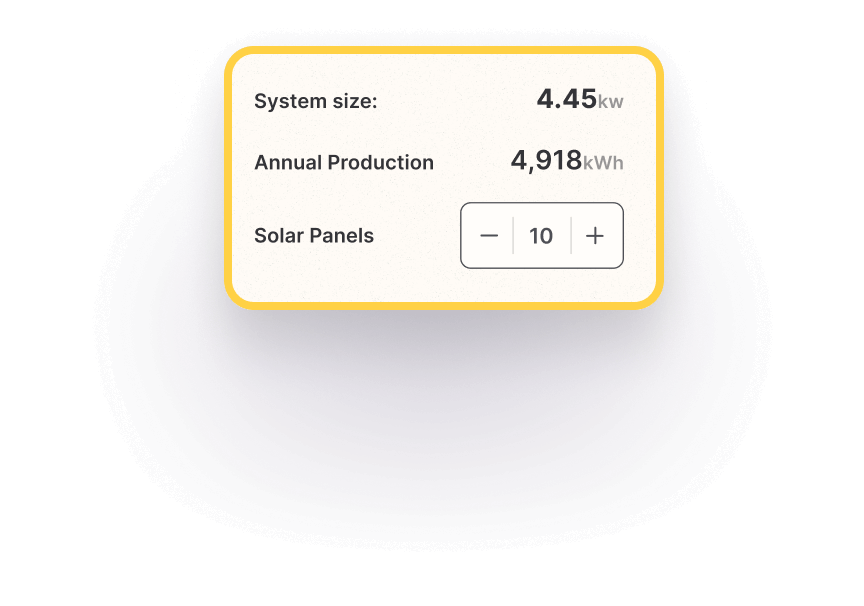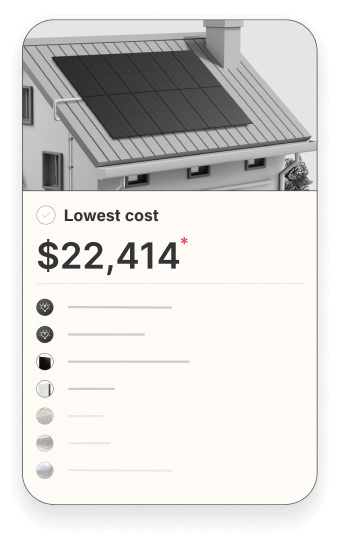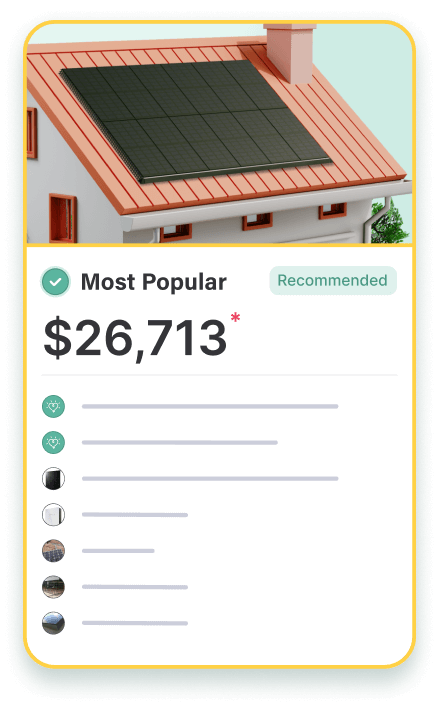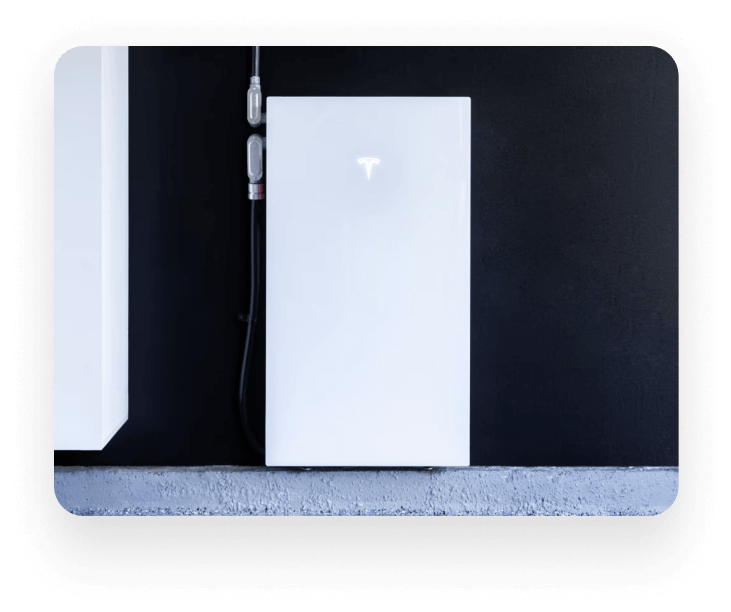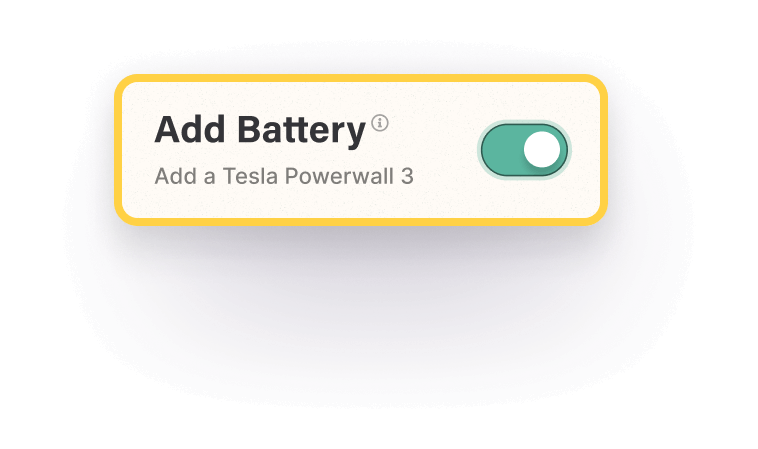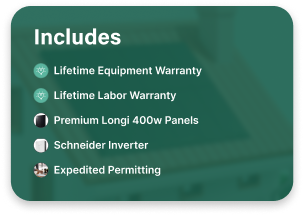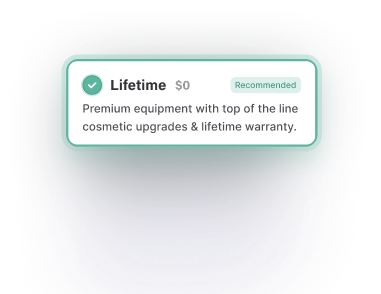Here are four important factors to consider when switching to solar energy.
Saving on energy bills, relying less on aging power infrastructure, and embracing a more sustainable lifestyle are just some of the reasons homeowners are cutting the cord and embracing solar energy to power their homes. But, as with any investment in your property, one of the biggest questions to ask yourself before moving forward is this: is solar right for me?
Solar energy makes sense in most cases and is worth the investment if reducing your carbon footprint is a priority. But if reducing utility bills or recouping upfront costs is highly important, a few conditions could impact energy efficiency and savings.
To simplify the process, we’ve created a checklist of factors that could impact panel performance to help you determine if going solar is the right fit for you.
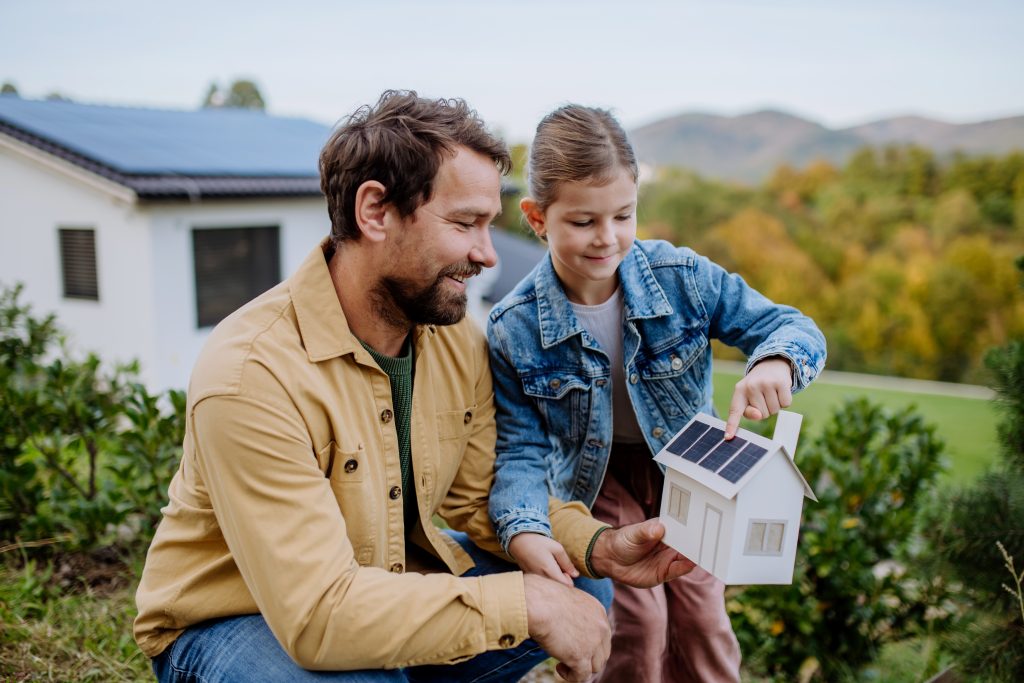
Is Solar Right for You?
It’s important to note that moving to solar energy isn’t always simply about saving money.
For many homeowners, tapping into solar is about gaining energy independence from an aging and increasingly expensive power infrastructure and creating a more sustainable lifestyle (while adding value to the home).
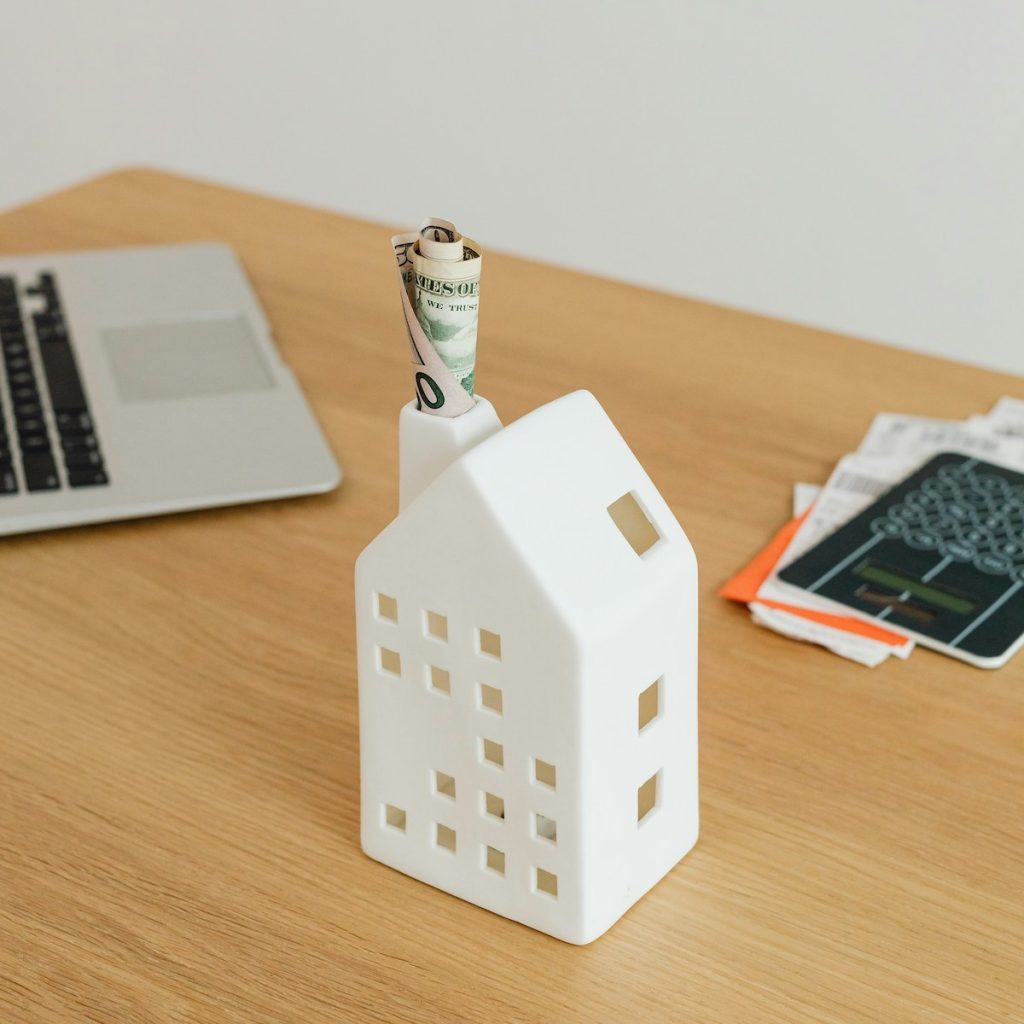
Factors to Consider Before Switching to Solar Energy
Whether you’re in the process of buying a house or you’re already an established homeowner, transitioning from traditional energy to home electrification is often a worthy investment.
Here are a few factors to consider when considering if it’s worth it to make the switch:
Roof Pitch
The pitch or slope of your roof impacts how much energy solar panels can absorb. If the roof pitch is steep or facing away from direct sunlight, energy absorption and performance will be lower. Another factor to consider is the surface size and materials used on the roof. In some cases, a small-sized roof might not be able to accommodate enough solar panels to make it cost-effective.
Not sure if your roof is designed to maximize solar absorption?
A site survey is a helpful tool for determining the conditions of your roof and your home’s electrical setup. After this visit, you’ll better understand what’s possible with your solar system (or what you can do to enhance energy performance).
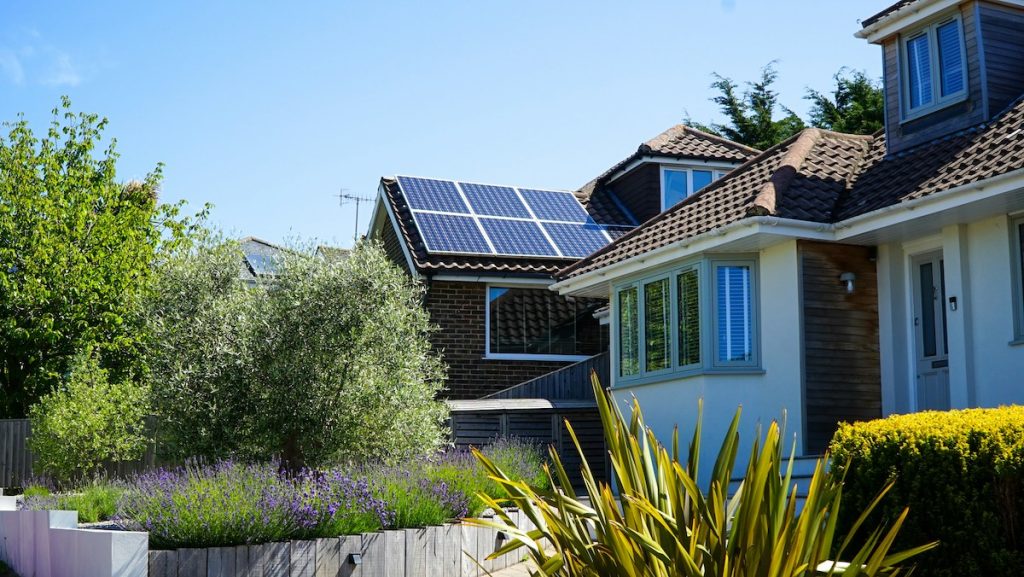
Electricity usage
A great way to know if solar is right for you is to examine your monthly utility bills to get an idea of your monthly and annual power usage (and associated costs).
If you see an upward trend in usage or you find that utility rates are increasing each year in your state, investing in a solar system now could offer more stability and protect you from expensive bills in the future.
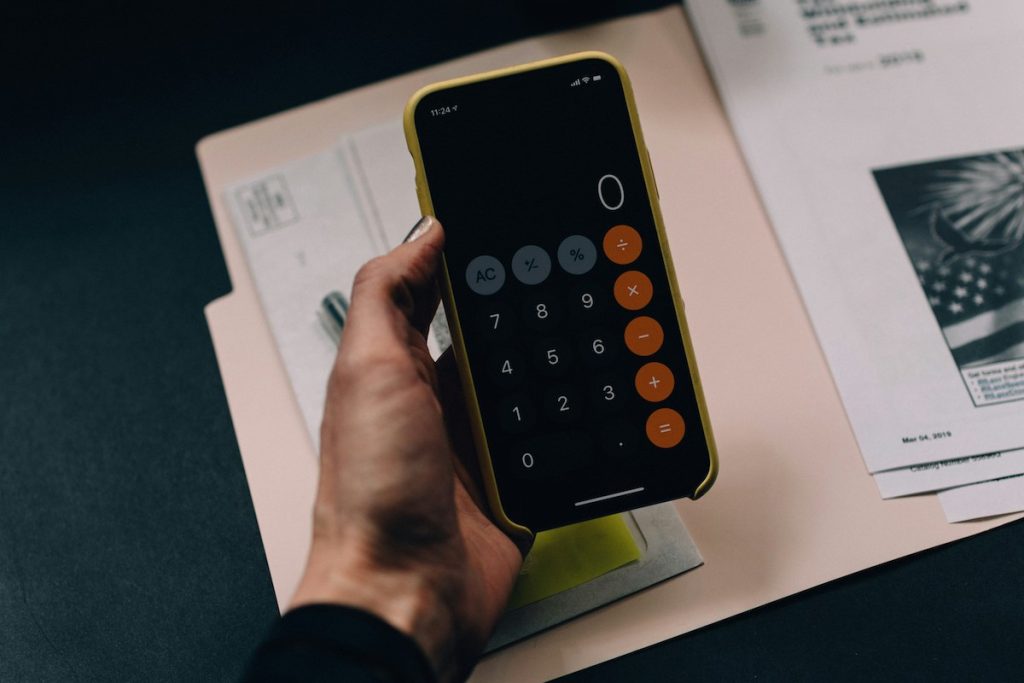
Location and Climate
Do you live in an area with frequent snow or consistently cloudy weather? Solar energy production is slightly lower in these regions, but that’s not to say you can’t benefit from installing them to offset some of the traditional power usage.
Your location is important in determining if solar panels are the right choice for your home. If the roof is blocked by surrounding buildings or trees, the panels won’t be able to utilize their full capacity to power the home.
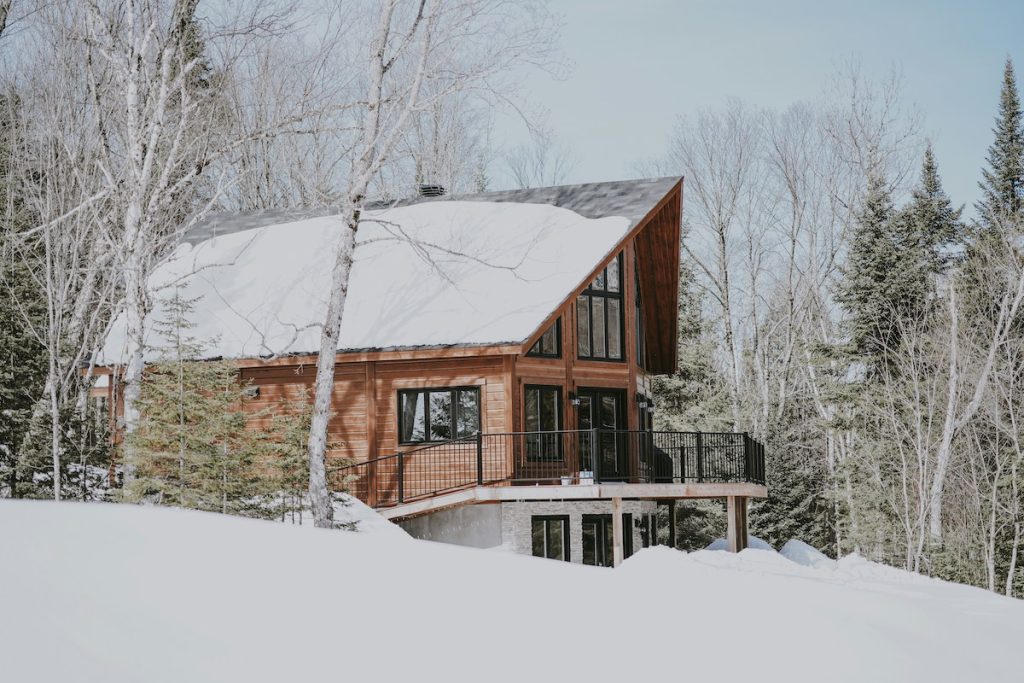
Costs
From paying cash upfront to financing solar panels, homeowners have options.
Most prefer to pay for solar panels in cash upfront and then recoup some of that initial investment through tax credits and incentives.
Solar financing is a good option for those who want to take advantage of lower energy bills and spread payments out over time. However, solar financing will add interest to the system’s total cost, so it is something to consider when shopping around.

Pros and Cons of Solar Installation
Want to know if solar installation is a worthwhile investment for your home? Consider these pros and cons to help shed some light on the benefits and potential downsides of solar:
Pros of Installing Solar Panels
- Save money on utility bills, especially if there’s an upward trend in rates
- Tax incentives and rebates make solar installation more affordable
- Homeowners gain energy independence
- Reduces the carbon footprint of the home
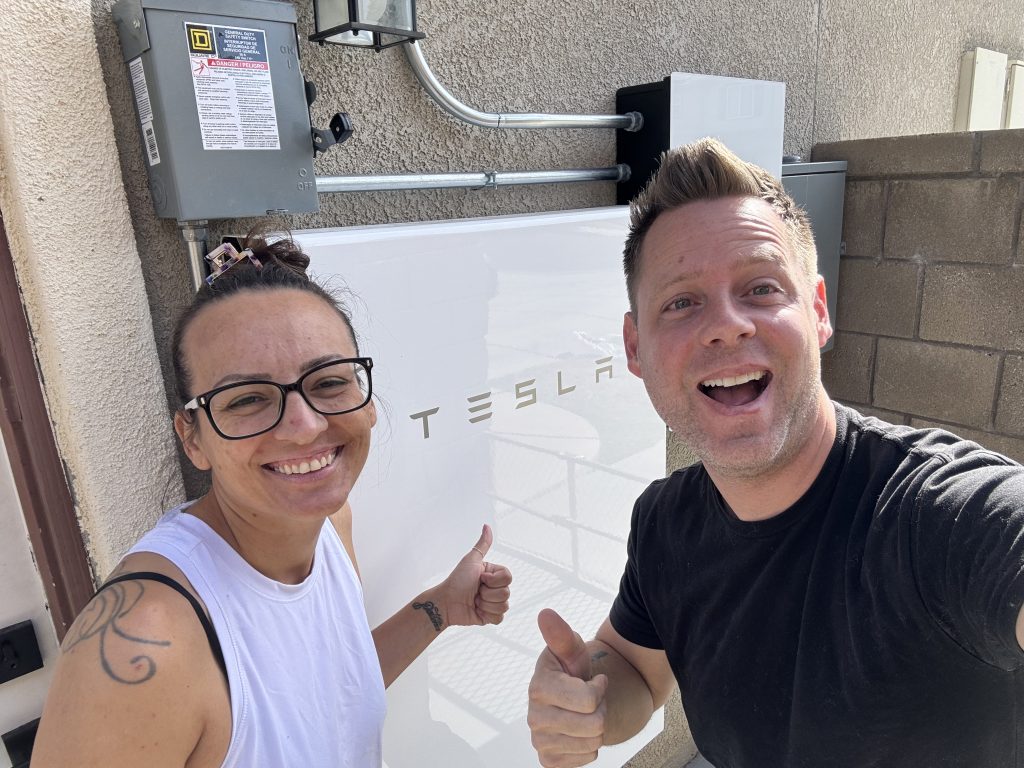
Cons of Installing Solar Panels
- An upfront investment is high, though financing options are available
- Buildings or trees that shade the roof decrease panel performance and efficiency
- Areas that experience frequent snowfall or cloudy days see lower energy production
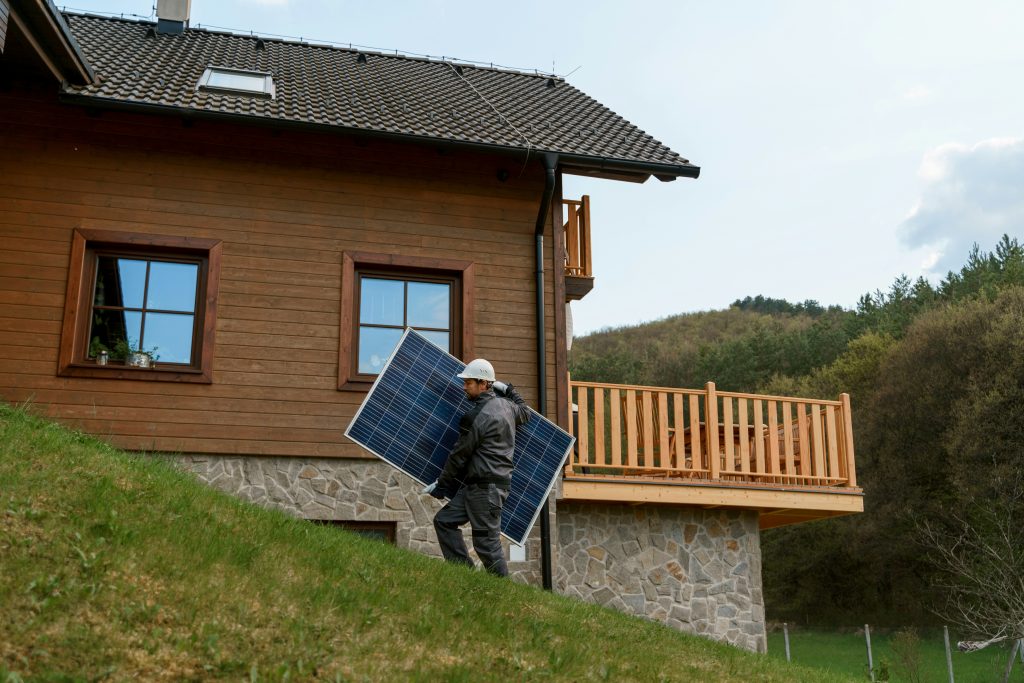
Ready to go solar?
Smart move. Transitioning to solar energy allows homeowners to save money on utility bills, reduce reliance on traditional power grids, and move toward sustainable energy.
